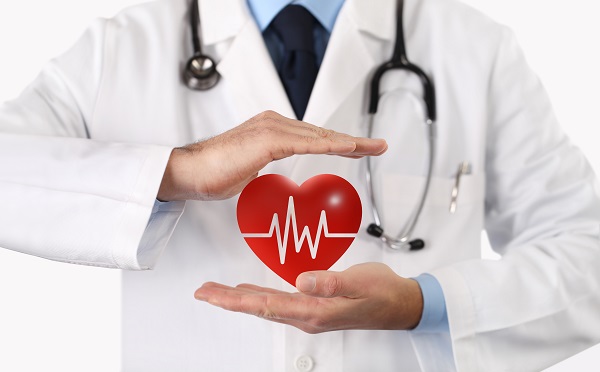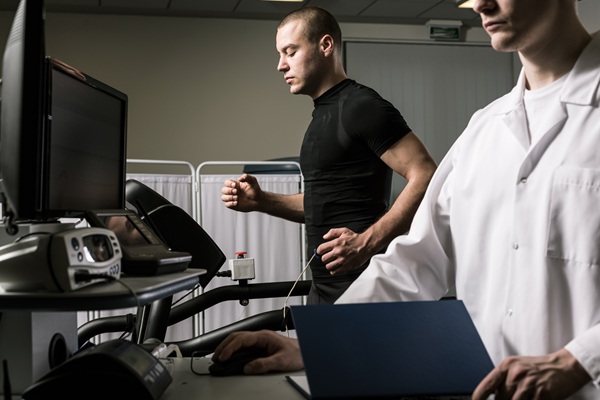A Heart Doctor Discusses Common Cardiovascular Conditions

Different types of heart conditions exist, all of which require a visit to the heart doctor. The heart specialist can provide an accurate diagnosis and develop a treatment plan. Heart diseases or cardiovascular conditions affect the ability of the heart to function efficiently.
Common cardiovascular conditions
Getting diagnosed with a heart condition can be bothersome, but the heart doctor is available to provide information and support. Knowing about the condition sometimes helps ease one’s burdens. Common heart conditions include the following.
Coronary heart disease
This is perhaps the most prevalent heart condition. It occurs when the blood vessels of the heart, or the coronary arteries, get blocked or narrowed and are unable to deliver enough blood to the heart. This may lead to a heart attack and angina.
Angina
Angina is pain around the arm, chest, neck, jaw, or stomach that occurs when the supply of blood to the heart is limited because of clogging of the arteries. The clogging is termed atheroma. Angina is a symptom of coronary heart disease and not a disease itself. Angina is how the heart shows that it is not receiving enough oxygen when the person is engaged in strenuous activity or is under stress.
Heart failure
If the pumping action of the heart is not functioning effectively, the heart muscles cannot meet the blood and oxygen requirements of the body. This may result in different symptoms, such as fatigue and breath shortness. This is known as heart failure, the heart’s inability to function effectively.
Heart attack
Also known as myocardial infarction, a heart attack occurs when the supply of blood to a part of the heart muscle gets totally blocked. This usually occurs when a piece of fat deposit breaks off and causes a blood clot within a coronary artery. This can result in damage to the area of the heart muscle that the particular coronary artery was supplying.
Valve disease
The valves open and close to control the flow of blood inside the heart. Disorders of the valves can overwork the heart and put a strain on the heart muscles. This condition can cause symptoms such as swollen ankles, shortness of breath, chest pain (angina or palpitations), dizziness or fainting and fatigue.
Arrhythmia (irregular heart rhythms)
The heart muscle has its electrical system that aids in the stimulation of heartbeats. If the electrical signals in the heart are disturbed or interrupted, the heart may beat too fast (tachycardia), too slowly (bradycardia) or in an irregular manner. This is called arrhythmia.
High blood pressure
Another common cardiovascular condition is high blood pressure or hypertension. Although hypertension is not a disease, it can increase the risk of developing serious health conditions such as heart attacks, strokes and coronary heart disease.
In conclusion
The heart doctor uses different forms of tests and screenings to diagnose heart conditions (such as electrocardiograms, echocardiograms, stress tests, CT scans and MRIs). When you visit the doctor’s office, the doctor will walk you through the testing process and recommended treatment or management options.
Request an appointment here: https://boyntonbeach.floridapremiercardio.com or call Florida Premier Cardiology at (561) 229-1411 for an appointment in our Boynton Beach office.
Check out what others are saying about our services on Yelp: Heart Doctor in Boynton Beach, FL.
Recent Posts
According to the Centers for Disease Control and Prevention, heart disease is the leading cause of death for adults in the United States. Therefore seeking chest pain treatment is crucial, especially for those at high risk for heart disease. However, chest pain can result from various health issues, so how does one know when it…
A cardiac stress test is a diagnostic tool to evaluate how well the heart performs under physical stress. Cardiologists use this test to detect underlying cardiovascular conditions, monitor treatment progress, or assess the risk of future heart complications. Cardiac stress tests are essential in the early detection and management of heart disease.A cardiac stress test…
Peripheral arterial disease affects blood flow in the arteries, most commonly in the legs. It develops due to plaque buildup in the arteries that causes them to narrow and restrict circulation, possibly leading to discomfort, difficulty walking, and other serious complications. Recognizing the symptoms early and exploring treatment options can help improve the quality of…
Receiving cardiovascular treatment is a critical step in managing heart health, but recovery and long-term are equally vital to ensure long-term wellness. Whether the treatment involves medication management, interventional procedures, or surgery, maintaining a relationship with the cardiologist and following their recovery guidelines is crucial. A structured follow-up plan allows patients to maintain the benefits…


